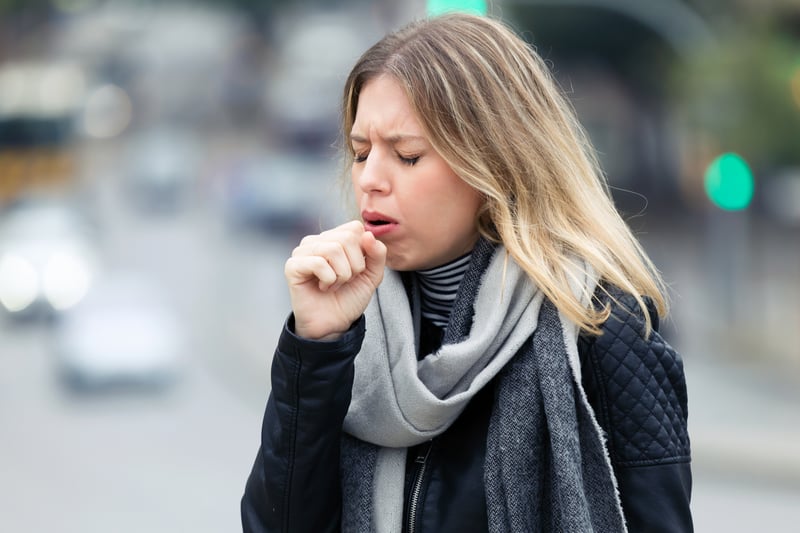The Omicron variant is now the domint Covid-19 strain in the UK and has fuelled infections over the festive period, with record high rates recorded across much of the UK.
The variant has proved to be much more transmissible than previous mutations and typically causes different symptoms than the original coronavirus strain.
Symptoms of Omicron have been likened to the common cold and its effects have been found to be much milder than the likes of the previously dominant Delta strain.
A recent study by the UK Health Security Agency found that the Omicron variant results in 50-70% less likelihood of hospitalisation.
However, its increased transmissibility and ability to evade the vaccine means that scientists are still concerned about its impact on the NHS, following record case numbers in the UK.
Listed are the key symptoms that have been associated with Omicron so far, and the difference to other Covid-19 strains.
Related stories:
Symptoms of Omicron have been likened to the common cold and its effects have been found to be much milder than the likes of the previously dominant Delta strain.

9. Skin, lips, nails
People infected with Omicron may notice that their skin, lips or nail beds may develop a pale, grey or blue-coloured tinge, according to health experts at the Centre for Disease Control (CDC). This symptom is thought to be a result of low oxygen levels in the body.

10. What about taste and smell?
Unlike other Covid-19 variants, the Omicron strain has not yet been linked to a loss of taste or smell. This is typically an early symptom of coronavirus infection and usually lasts around five days. Photo: Shutterstock

11. Does Omicron cause a cough?
A cough is one of the key symptoms of the original Covid-19 strain, but as yet, it has not been associated with Omicron. The NHS advises anyone who suffers from a new, persistent cough to take a test. Photo: Shutterstock

12. Will I get a fever?
A high temperature is another of the three main symptoms of Covid-19, but again, this has also not been linked to Omicron. The NHS says a high temperature means you feel hot to touch on your chest or back, and you should take a PCR test if you feel unwell. Photo: Shutterstock


